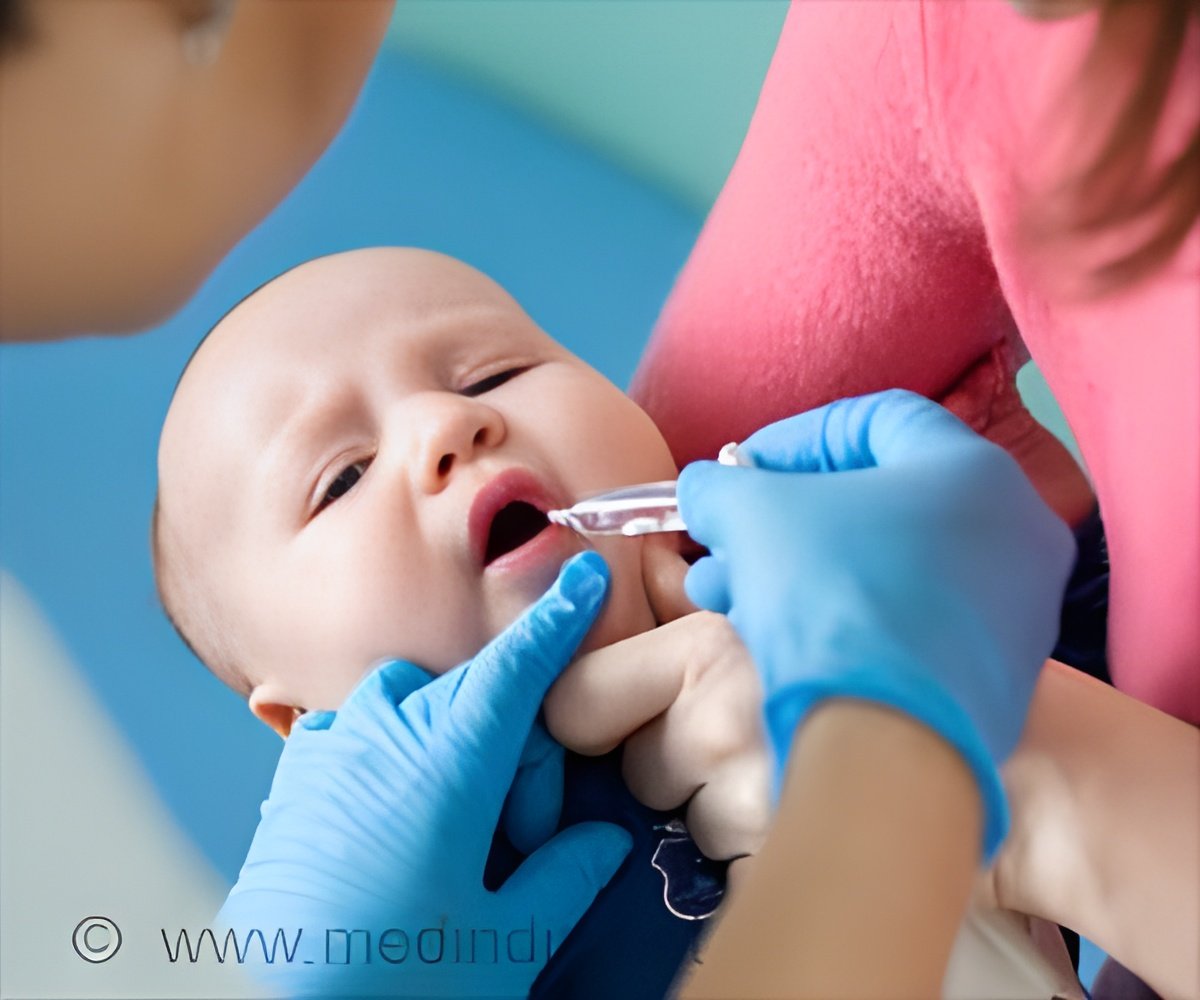Selenium is an important micronutrient that supports immunity, healthy aging, and reduces heart disease risk. Adequate intake is vital for overall health.

- Selenium supports immunity, aging, and heart health
- Adults need about 55 micrograms of selenium daily, but excessive intake can lead to toxicity
- Selenium deficiencycan lead to serious health issues like Keshan disease
Micronutrients are important nutrients required by our body to perform the biological function. They are obtained from nutrient-dense food we eat, and even a minimal amount can do wonders for our bodies (1✔ ✔Trusted Source
Selenium: An Antioxidant with a Critical Role in Anti-Aging
).
Advertisement
Benefits of Selenium for Health and Longevity
Selenium is a mineral and one of the micronutrients with antioxidant properties that protect cells from damage or necrosis and boost the immune system. It supports healthy aging and lowers the risk of getting heart disease.
A recent study was conducted in the Bama Yao Autonomous County of China. The people living in this region are known for their longevity, and surprisingly, the soil in this county was rich in selenium.
“Selenium helps with cell growth and thyroid function and is known to boost our immune function as well,” said Vanessa King, MS, RDN, CDCES, a clinical nutrition manager for Queen’s Health System in Oahu, Hawaii and spokesperson for the Academy of Nutrition and Dietetics.
Advertisement
Finding the Right Amount of Selenium
Selenium cannot be produced by our body unlike some of the vitamins like thiamine, biotin, and vitamin K. It can be obtained through diet and supplements. However, excess selenium can build up in the body and can be toxic.
Selenium toxicity could cause gastrointestinal problems, kidney failure, neurological problems, hair loss, and death in rare cases. Our body requires only a small amount of selenium to support our bodily functions like thyroid hormone metabolism and antioxidant defense.
Adults require 55 micrograms of selenium every day, while pregnant and lactating women require an additional 5 to 15 micrograms per day. It can be obtained from the food sources like Brazil nuts, grains, vegetables, meat, and seafood.
A large hard-boiled egg contains 15 micrograms, a cup of cooked spaghetti has 33 micrograms, and 3 ounces of cooked shrimp can provide 42 micrograms of selenium. In a healthy diet with a variety of foods, one can easily meet their selenium needs, especially in the U.S.
Advertisement
Selenium Deficiency and Heart Health
People living in areas with selenium-poor soil, like some parts of Asia, might not get enough selenium from their diet. When the required selenium intake is not met, it can lead to a serious heart condition called Keshan disease, which may weaken the heart’s ability to pump blood.
However, selenium deficiency is rare in the U.S., so supplements are not needed for them. It is not recommended to intake selenium more than 400 micrograms per day. The average American gets a little over 100 micrograms a day.
Telomere length is used as a marker to measure biological aging. In a recent study, it was found that selenium intake was associated with telomere lengthening. Short telomeres indicate aging and disease progression.
Another recent study published in the journal Frontiers in Nutrition suggests that moderate amounts of dietary selenium can protect against cardiovascular disease and death. The observational study included data from over 25,000 American adults, but there is proper evidence to prove the relationship between selenium and improved longevity.
More research is needed before stating selenium as an anti-aging dietary component, but it is an important nutrient for overall health. A healthy diet that is also rich in selenium will improve heart health and reduce cardiovascular disease risk.
Reference:
- Selenium: An Antioxidant with a Critical Role in Anti-Aging – (https://pmc.ncbi.nlm.nih.gov/articles/PMC9570904/)
Source-Medindia



